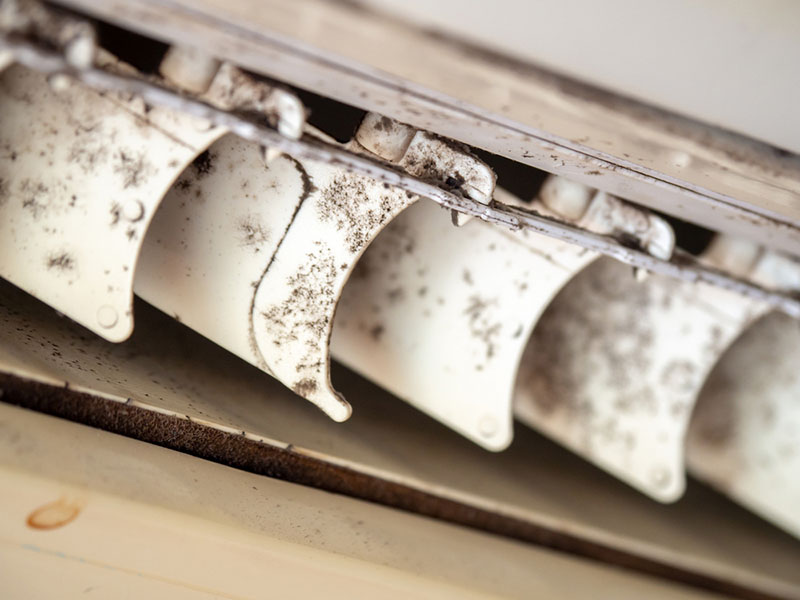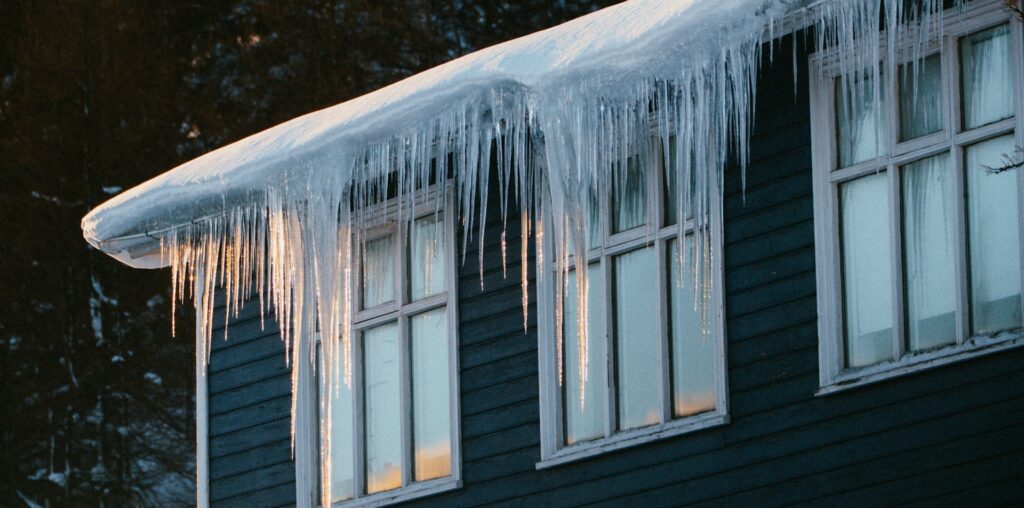Mold Exposure Symptoms: What You Need to Know

Mold is a type of fungus that can grow in damp homes. This fungus grows in fiberboard, wood, or gypsum board. Most homes, both older and newer homes, use these materials. Being exposed to this type of fungus is not good for you. You need to address the problem as soon as you can.
Mold Inhalation Symptoms
The first thing you should know is that mold is not dangerous on its own. What is dangerous are the toxins that mold can emit that can cause allergies. This is part of the reason you need to get rid of it as soon as possible. Mold isn’t always visible, so you may be inhaling it without knowing it. Most mold symptoms won’t feel much different than a flu or cold. You might have coughing, wheezing, runny nose, and other flu or cold-like symptoms. High levels of mold toxin exposure could lead to light sensitivity and memory loss.
What Can You Do After Mold Exposure?
Once you have exposure to mold toxins, you are going to have to take steps to recover, and you can. For example, you can take antihistamines, which is an over-the-counter solution. You can also use decongestants if you have migraines and your nose is runny. You may need to go through immunotherapy after mold toxin exposure. Your immune system has suffered a setback, and that could put you at risk of other infections. Remember that these suggestions are here to help deal with the symptoms. These symptoms will continue to if you do not have it removed. Have a home inspector figure this out for you so that you can take the next step. If the mold is in your AC system, then have an HVAC specialist remove the mold.
How to Prevent Mold?
One of the most important steps to take is to speak with professionals. They can inspect the areas where mold can grow, like an HVAC professional, plumber, or a home inspector. Make sure you set up a schedule so a specialist can come and inspect areas where mold can be. They can find mold before it becomes a bigger problem. Having your HVAC system, plumbing, and your walls checked often is a good idea. You want to concentrate on areas where mold is likely to develop. This includes the laundry room, bathroom, and the AC system due to the amount of moisture in there. It may be a good idea to talk to an HVAC professional about using a dehumidifier. This helps control the moisture in your home that can prevent this issue from developing.
These points should make it easier for you to know what to do if exposed to mold. You are not powerless. You can prevent this issue from affecting your family. Don’t wait too long to take action. Give us a call at (847) 367-4492 to see how Cahill Heating, Cooling, Electric, Plumbing & Sewer can help.







